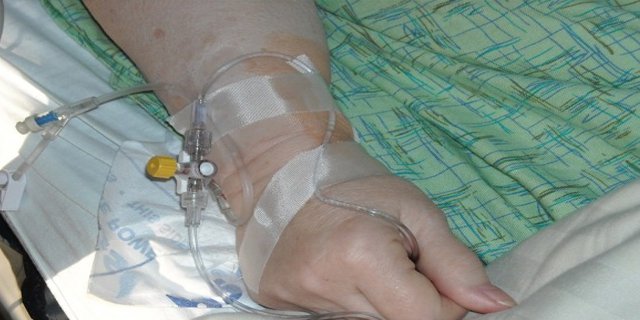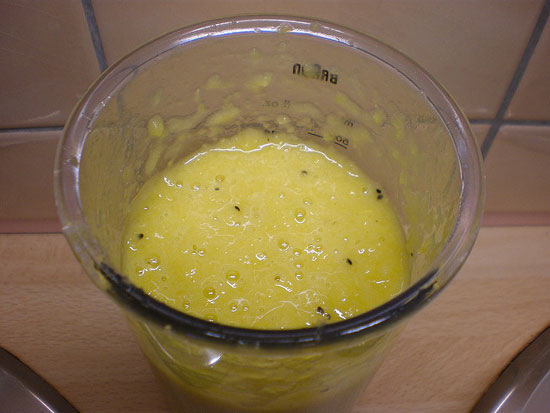According to a recent research done by Natural Blaze, not only did the FDA ban the mass production of intravenous Vitamin C, but this ban has led to a critical shortage of IV bags.

The Controversy
As if banning the intravenous Vitamin C, proven to be an effective anti-cancer treatment wasn’t enough, this outrage has led to a shortage of IV bags, causing pharmaceutical industry to halt the production of all injectable vitamins and minerals. This made doctors look to compounding pharmacies that could produce them, but that led to even more problems; here’s how:
New England Compounding Center has had a very unfortunate event happen: their injectable steroids were contaminated with a fungus which caused an outbreak of meningitis. This, of course, has led FDA to limit even compounding pharmacies. Do you see the irony? The reason doctors turned to compounding pharmacies in the first place was because of the FDA!
Vitamin C, a Powerful Anti-Cancer Treatment
Let’s get back to the original point: why did the FDA ban the mass production of intravenous Vitamin C, when this treatment has been proven to kill various infections?
This is something we don’t have an answer too; or rather, we don’t have an answer that doesn’t sound like a major conspiracy going on.
Vitamin C is one of the most powerful antioxidants that not only boosts the immune system but also fights various infections and diseases. On top of that, many studies have shown that the intravenous administration of Vitamin C is even more powerful than taking Vitamin C orally. High doses of intravenous Vitamin C have been proven to kill cancer cells – and what’s important, they do that selectively, without damaging the healthy cells.
So, why would the FDA ban this powerful treatment?
Since many alternative anti-cancer treatments rely on intravenous Vitamin C, the answer does seem obvious: the FDA is indeed fighting alternative health therapies.




















